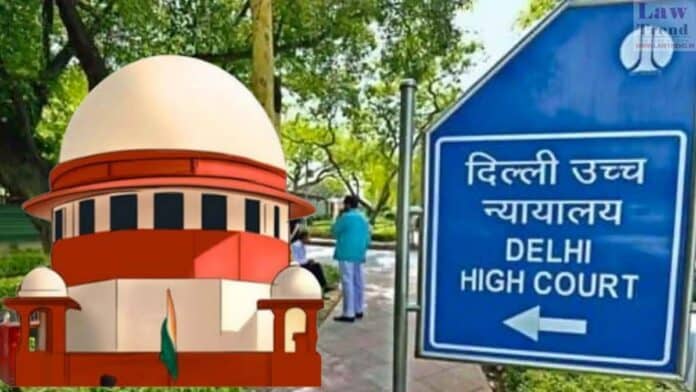In a significant ruling, the Supreme Court of India has set aside a contentious bail condition imposed by the Delhi High Court, which required the accused, Akbal Ansari, to relocate and reside in Delhi for the duration of his trial. The bench, comprising Justice Abhay S. Oka and Justice Augustine George Masih, ruled that the
To Read More Please Subscribe to VIP Membership for Unlimited Access to All the Articles, Download Available Copies of Judgments/Order, Acess to Central/State Bare Acts, Advertisement Free Content, Access to More than 4000 Legal Drafts( Readymade Editable Formats of Suits, Petitions, Writs, Legal Notices, Divorce Petitions, 138 Notices, Bail Applications etc.) in Hindi and English.




